Part 7: The 1960s and the Decline of the Mainline Denominations
by Dan Severson
The United States was extremely divided at the time of the American Civil War (1861-1864), however there was one thing that both the north and the south held in common. They were overwhelmingly Protestant. In terms of religion, their religious life was essentially the same, and mainline denominations shaped American culture and religion. This began to change when Abraham Lincoln was elected president. Following the Civil War, the mainline denominations split into northern and southern wings. Because the northern states were progressive and the southern states conservative this was reflected in their religious perspective.
Our previous classes have reviewed the influence that the American Jewish population had on northern Protestantism. We also reviewed how foreign missions had an effect on the missionaries. There was also the social gospel movement, which emphasized making the world a better and more just place. The changes in perspective and theology that were taking place in the north over the years developed traction during the 1960s. Denominations adopted “liberal” positions, such as
(1) strong support for African-American churches,
(2) economic justice,
(3) multiculturalism,
(4) political positions including: opposition to the Vietnam War, advocation for Palestinian independence, support for the United Farm Workers, and
(5) drive to create a single National Protestant Church.
These positions were not necessarily aligned with the values of the church members. Beginning in the 1960s, there was approximately at 20% decline in mainline church attendance. Parent’s attitudes concerning religious education changed, and young adults were encouraged to make their own choices regarding religious affiliation. In the conservative south, evangelism thrived, although this too has shown decline in the new millennium.
Today, American culture has largely adopted higher education for the purpose of answering the big questions of life. What is the difference between good and evil? What are society’s values? What is justice? How does one live a meaningful life?


